2000W Pure Sine Wave DC 12V 24V to AC 110V Inverter Orange
Convert DC power to 110V AC power with this high-quality 2000W pure sine wave inverter,ideal for powering small appliances and electronics.Compact and reliable design for easy use.
Inquiry Form for Bulk Order?
Please fill in your details and requirements below, and our team will get in touch with you as soon as possible.
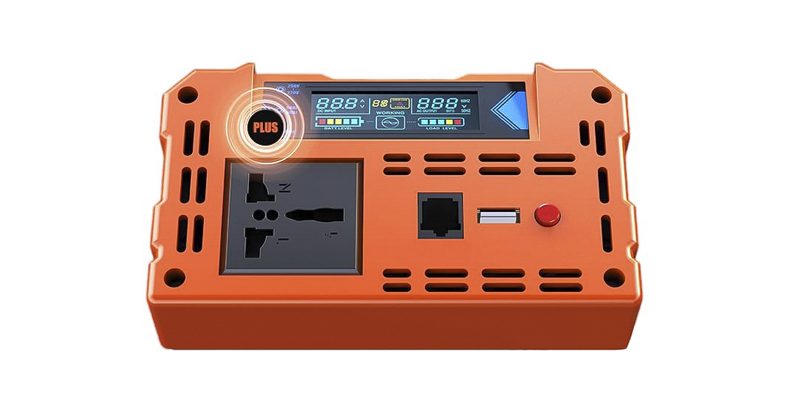
BAP pure sine wave inverter series offers a variety of power options, ranging from 300W to 4000W, to meet different power needs. Its input voltage range is wide, supporting 12V and 24V DC power supplies, suitable for various vehicle models and application scenarios. This inverter can efficiently convert DC power into 110V or 220V pure sine wave AC power, ensuring safe and stable power output for your electronic devices. It is an ideal choice whether it is for outdoor activities, camping trips or as an emergency backup power supply.
How to use the inverter
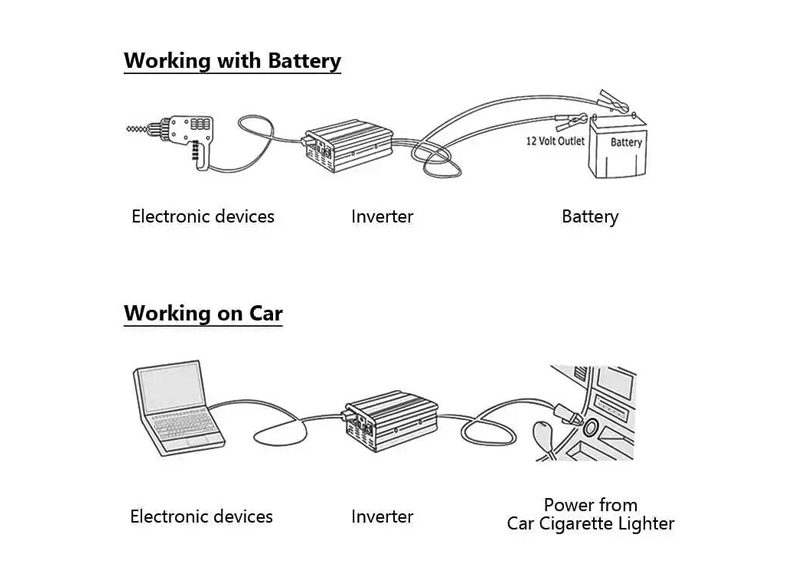
- Connect the inverter to a battery or car cigarette lighter power source
- Turn on the inverter to check the device status
- Connect the electronic device to the inverter
Make sure the power consumption is lower than the rated power of the inverter.
Advantages of Elecpeek inverter
Multifunctional LCD display
The inverters LCD display provides a clear and intuitive interface, showing real-time information on input and output voltages, as well as any fault codes that may have occurred. This allows you to easily monitor the inverters performance and quickly identify any issues that may arise. With this transparency, you can effectively troubleshoot and ensure your system runs smoothly and reliably.
- Battery voltage
- Battery percentage
- Error code
- Output power percentage
- Output voltage
- Output frequency
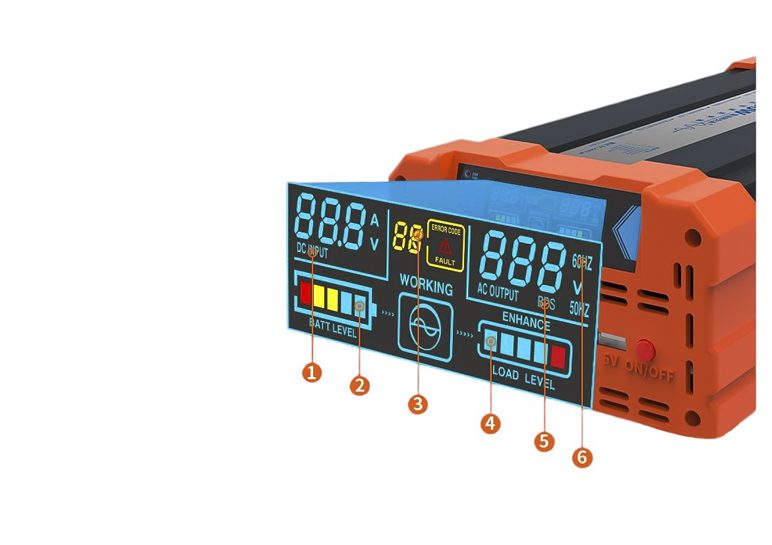
Intelligent temperature control silent fan
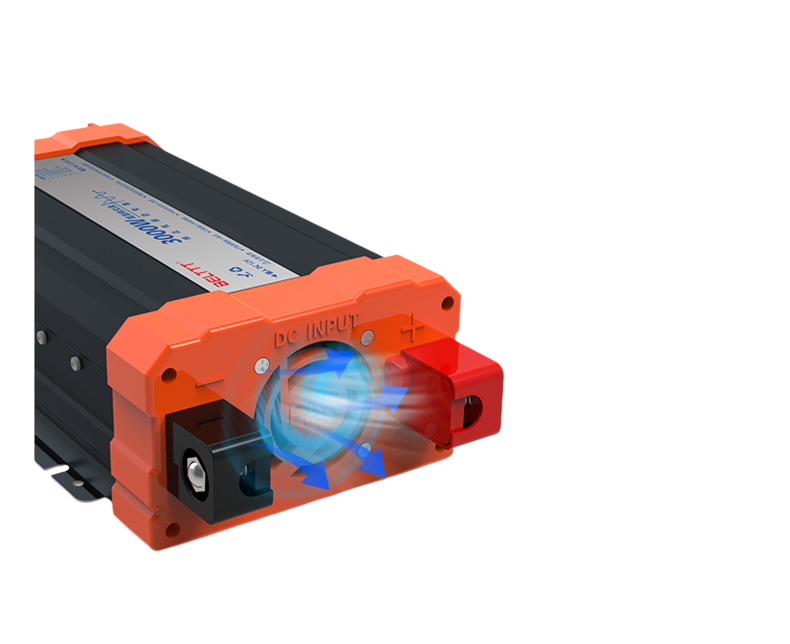
The inverter fan combines low-noise technology and high-speed design to quickly dissipate heat while minimizing noise. Even under high load, it prevents excessive heat build-up, protects the device from overheating and increases its efficiency. Its intelligent regulation system automatically adjusts the wind speed according to the device temperature to ensure optimal cooling.
High density pure copper core
The inverter’s internal wiring uses high-quality, oxygen-free pure copper wire, providing excellent electrical conductivity and stability. This ensures:
- Low electrical resistance and heat generation
- High conductivity for smooth current flow
- Stable output voltage under varying loads
- Reduced risk of overheating and prolonged lifespan
- Energy efficiency and lower energy consumption
The pure copper wire enables the inverter to operate efficiently, reliably, and with minimal environmental impact.”
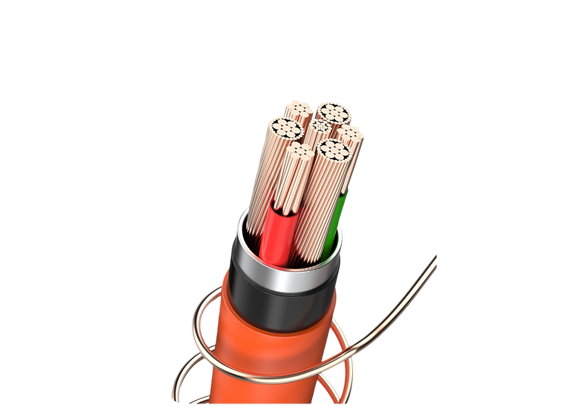
Application of inverter
Pure sine wave inverters produce a smooth, continuous waveform that closely resembles the AC power supplied by utility companies. This type of inverter is particularly beneficial in various applications due to its ability to power sensitive electronics and equipment efficiently.
- Home Appliances
- Medical Equipment
- Solar Power Systems
- Electric Vehicles (EVs) and Hybrid Vehicles
- Telecommunications Equipment
- Audio/Visual Equipment
- Recreational Vehicles (RVs)
- Computer Systems
- Industrial Equipment
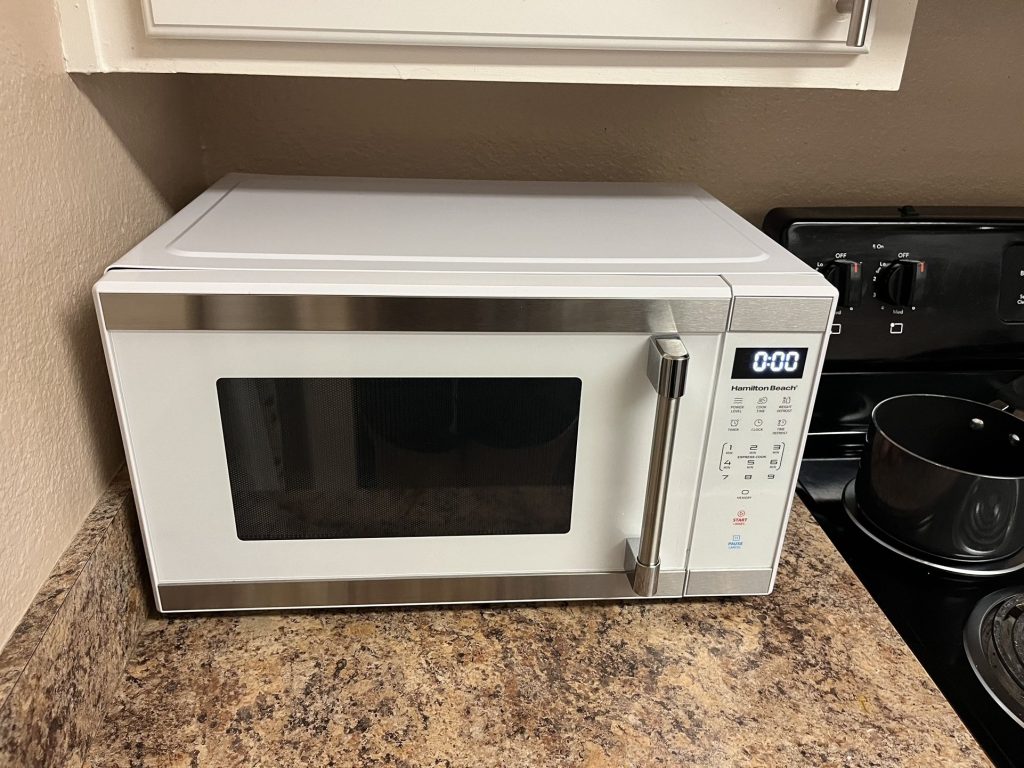

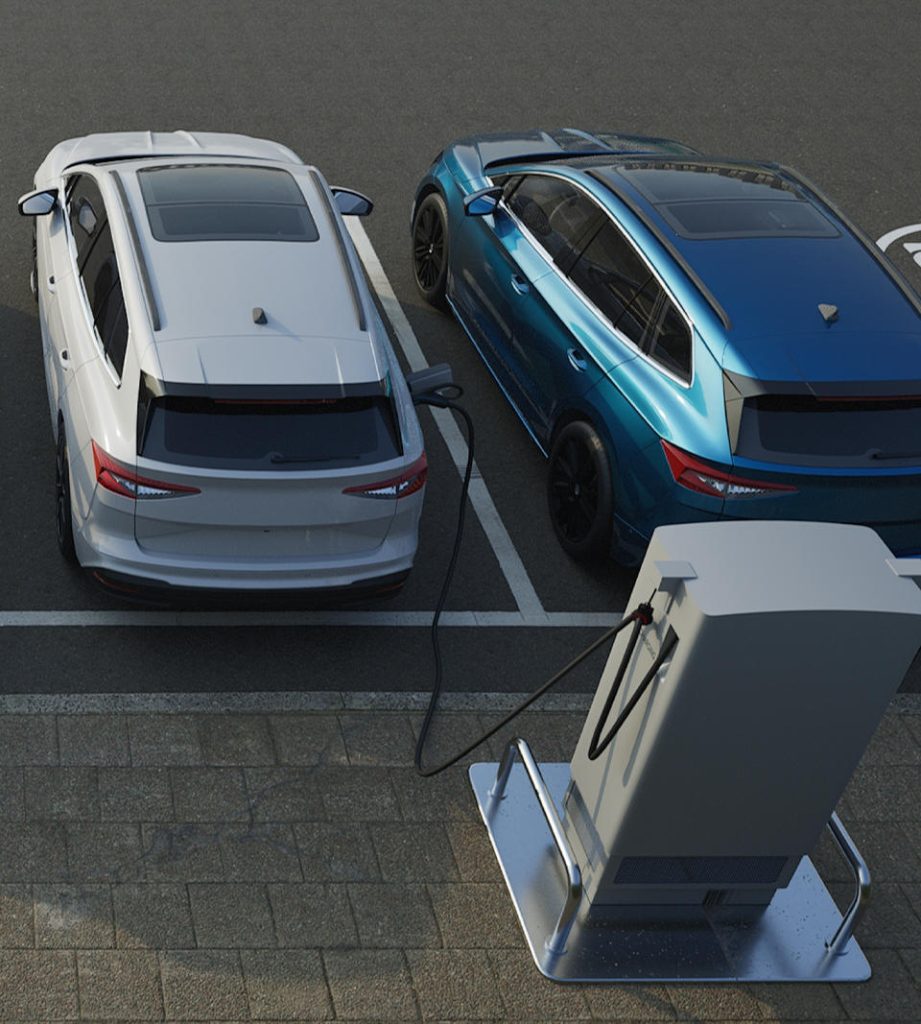
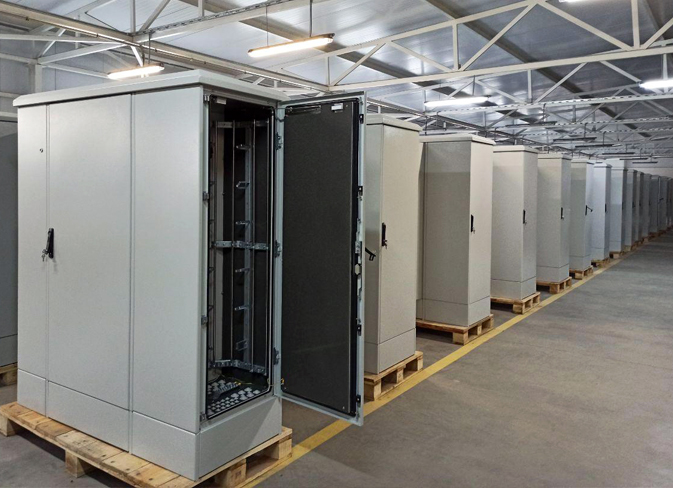


| Weight | 4500 g |
|---|---|
| Weight | 4500 g |
Electrical
| Rated Power | |||
|---|---|---|---|
| Battery Voltage | 12V, 24V |
||
| Maximum Efficiency | 90% |
||
| Battery Type | Lead-acid Battery, lithium |
||
| Waveform | Pure sine wave |
||
| Accessory | Wire with Terminal |
||
| Certification | CE |
||
| Input Voltage | 12V, 24V |
||
| Inverter Type | DC to AC |
||
| Rated Power | Battery Voltage | 12V, 24V |
|
| Maximum Efficiency | 90% |
Battery Type | Lead-acid Battery, lithium |
| Waveform | Pure sine wave |
Accessory | Wire with Terminal |
| Certification | CE |
Input Voltage | 12V, 24V |
| Inverter Type | DC to AC |
Service
| Warranty | 1 Year |
|---|---|
| Warranty | 1 Year |
| Weight | 4500 g |
|---|---|
| Dimensions | 37.5 × 19.6 × 0.99 cm |
| Rated Power | |
| Battery Voltage | 12V, 24V |
| Maximum Efficiency | 90% |
| Battery Type | Lead-acid Battery, lithium |
| Waveform | Pure sine wave |
| Accessory | Wire with Terminal |
| Certification | CE |
| Warranty | 1 Year |
| Input Voltage | 12V, 24V |
| Inverter Type | DC to AC |
- Convenience
- Versatility
- Safety Features
- Easy to Use
- Portability
- Cost-Effective
- Enhanced Vehicle Functionality
- Power Rating
- Type of Inverter
- Number of Outlets
- Portability
- Safety Features
- Input Method
- Brand and Reviews
- If you need to power sensitive electronic devices such as laptops, medical equipment, or high-end audio/visual equipment, choose a pure sine wave inverter. This type of inverter produces smooth, consistent electrical waves that closely match the power provided by the grid.
- If you only need to power less sensitive devices such as power tools, small appliances, or charging devices like phones and tablets, a modified sine wave inverter may be sufficient.
- USB ports: Do you need multiple USB ports to charge multiple devices at once?
- Number of outlets: How many devices do you need to power simultaneously?
- Safety mechanisms: Look for inverters with built-in safety features such as overheat protection, short-circuit protection, and low-battery shutdown.
- Most car batteries use 12 volts DC, so ensure the inverter can connect to this system.
- Larger vehicles like RVs and trucks may require a 24-volt inverter.
- Check the vehicle's battery capacity to ensure it can meet the power needs of the inverter and connected devices without draining the battery too quickly.

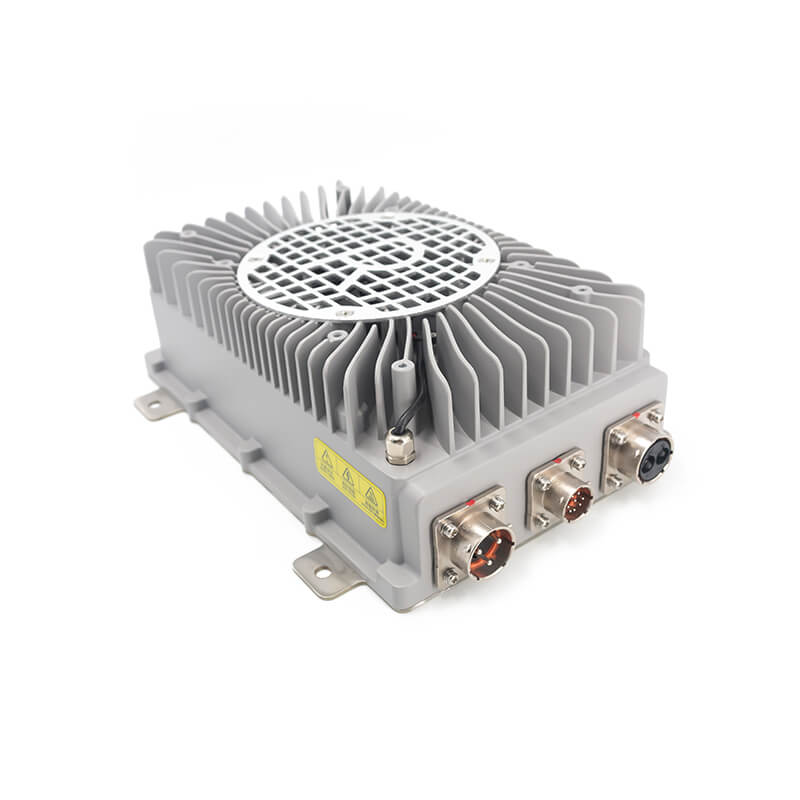
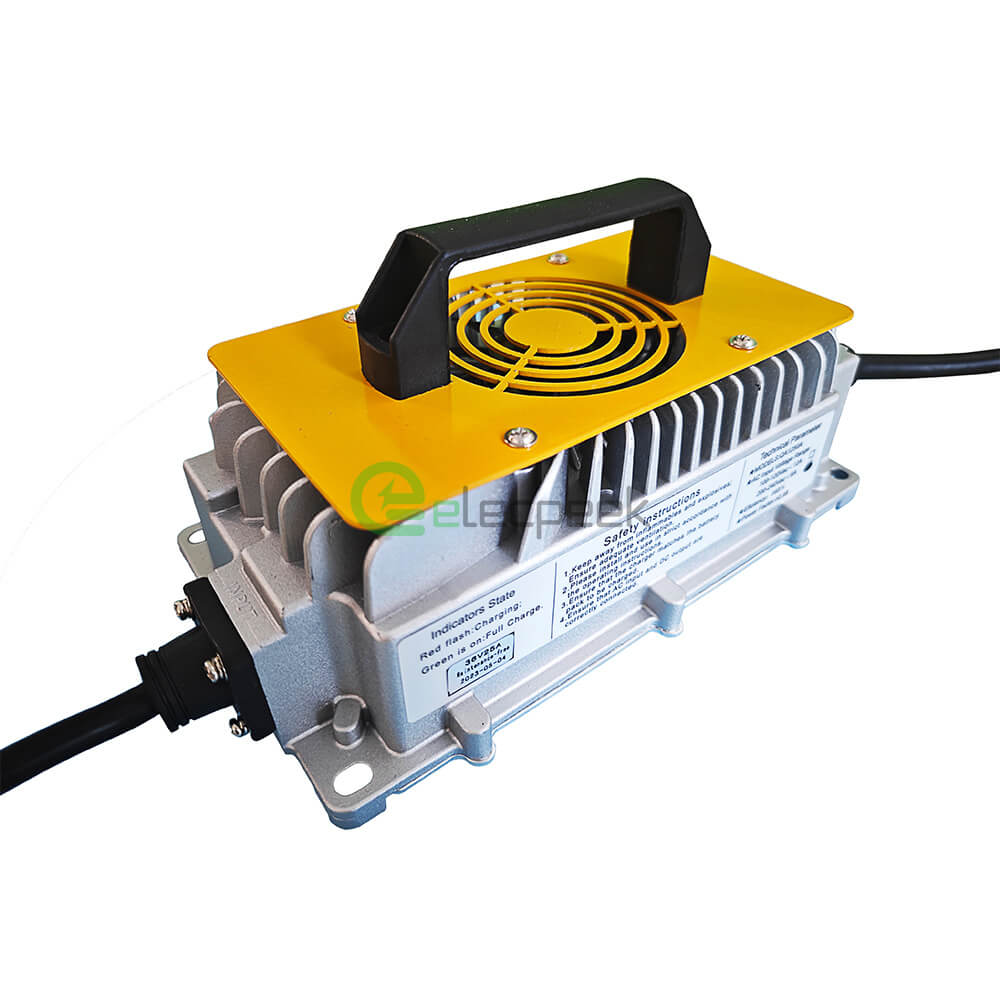
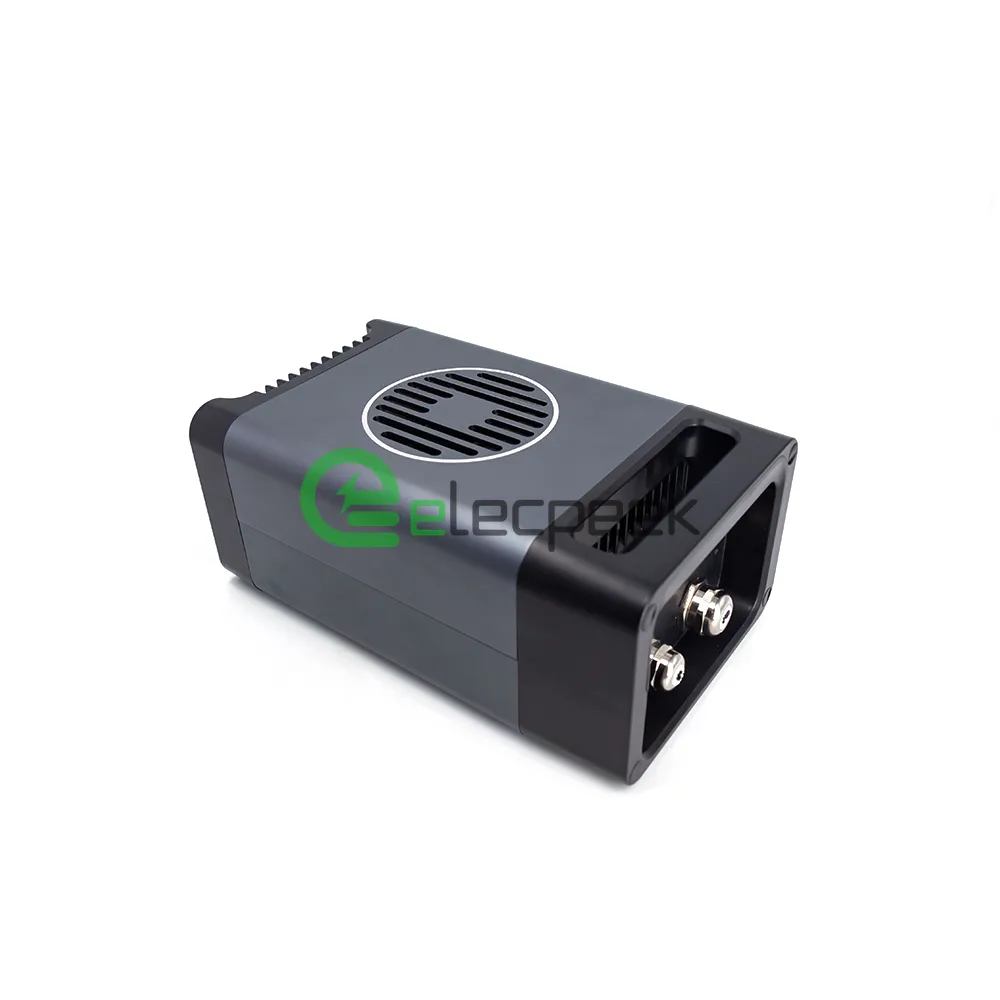
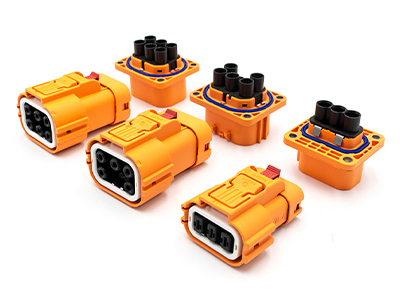
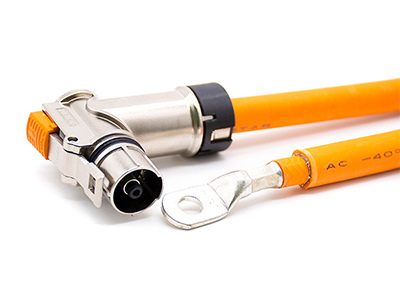
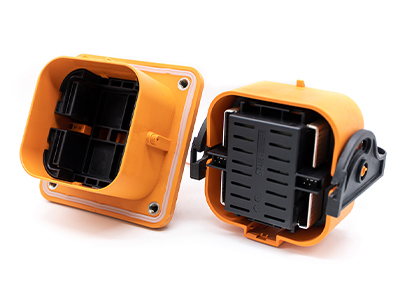
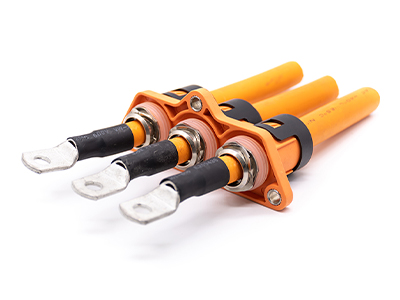
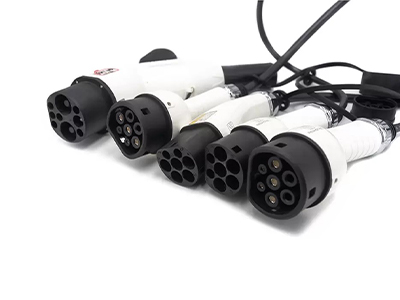
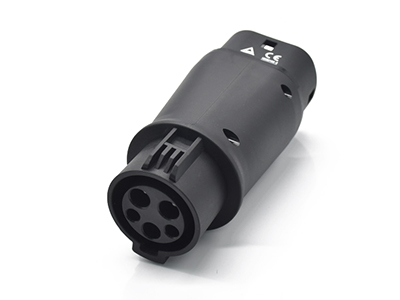
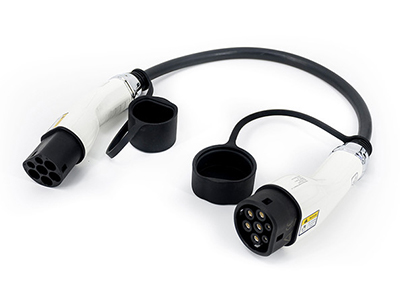
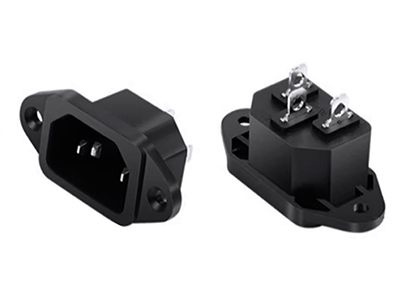
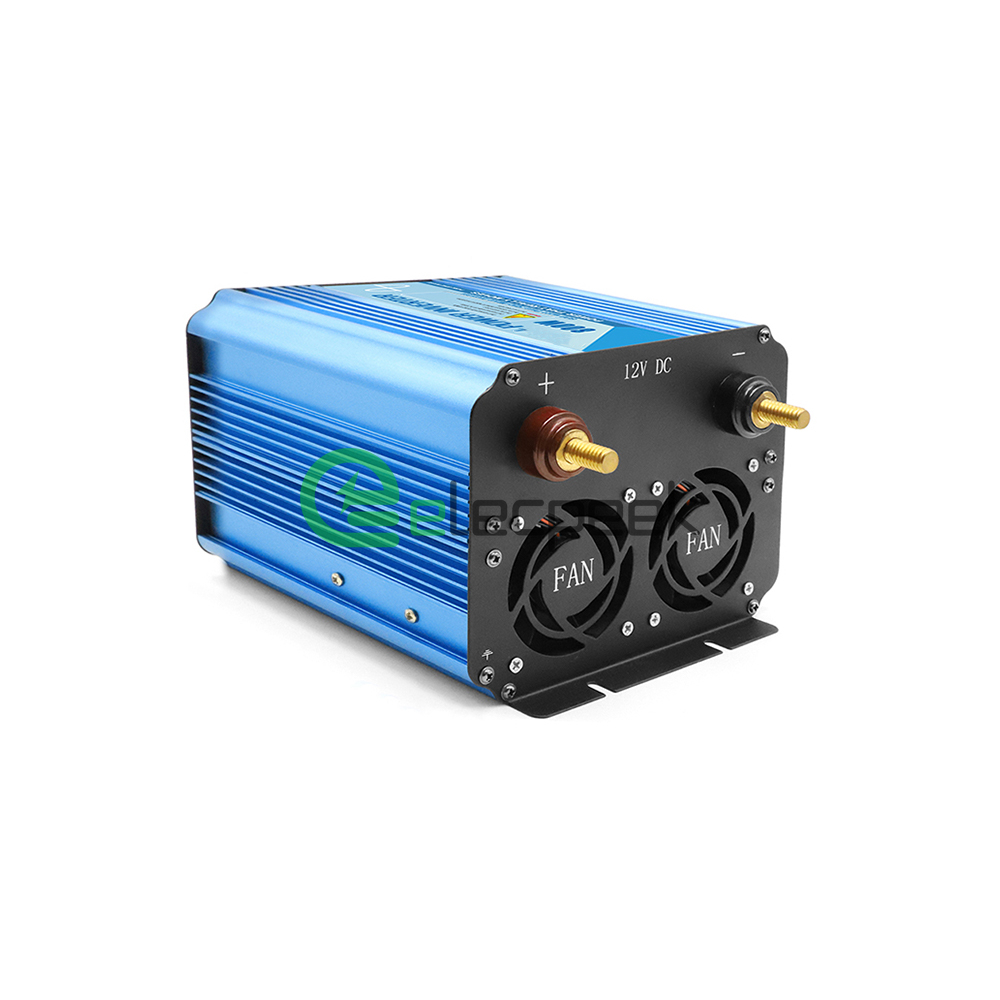
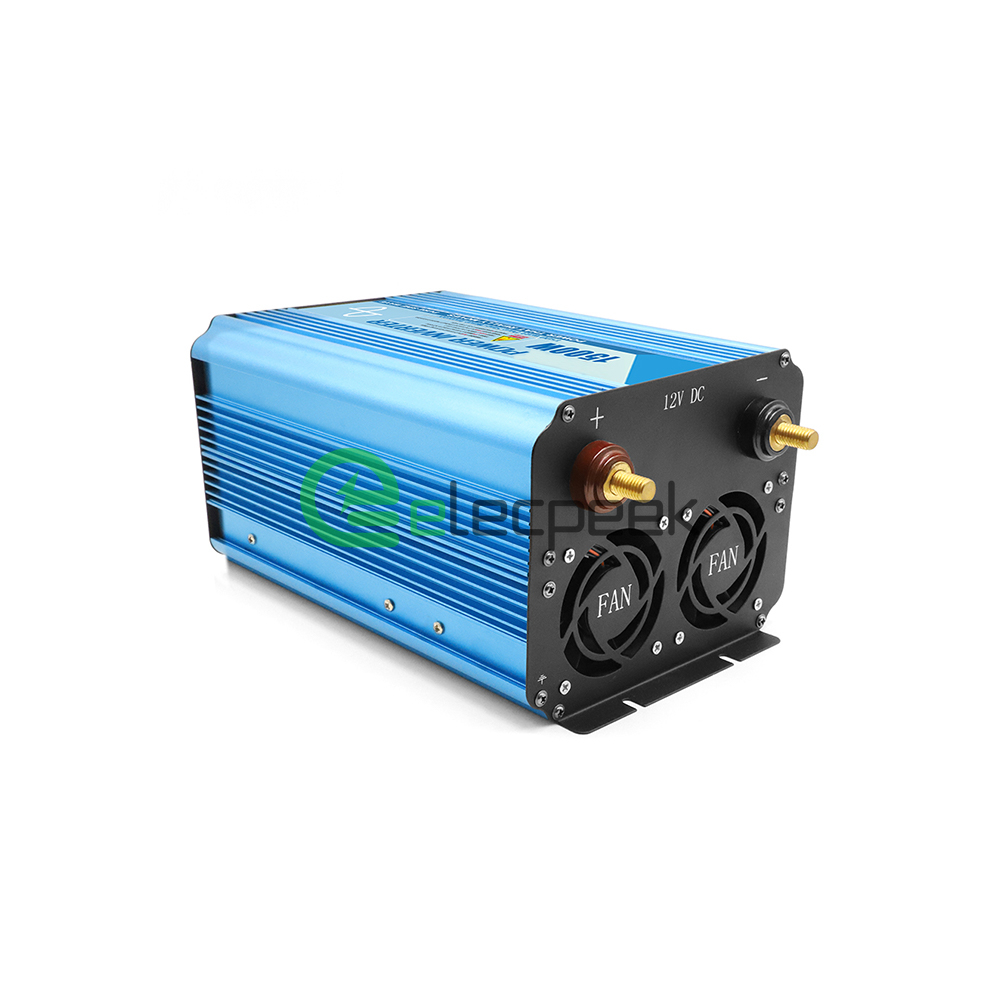
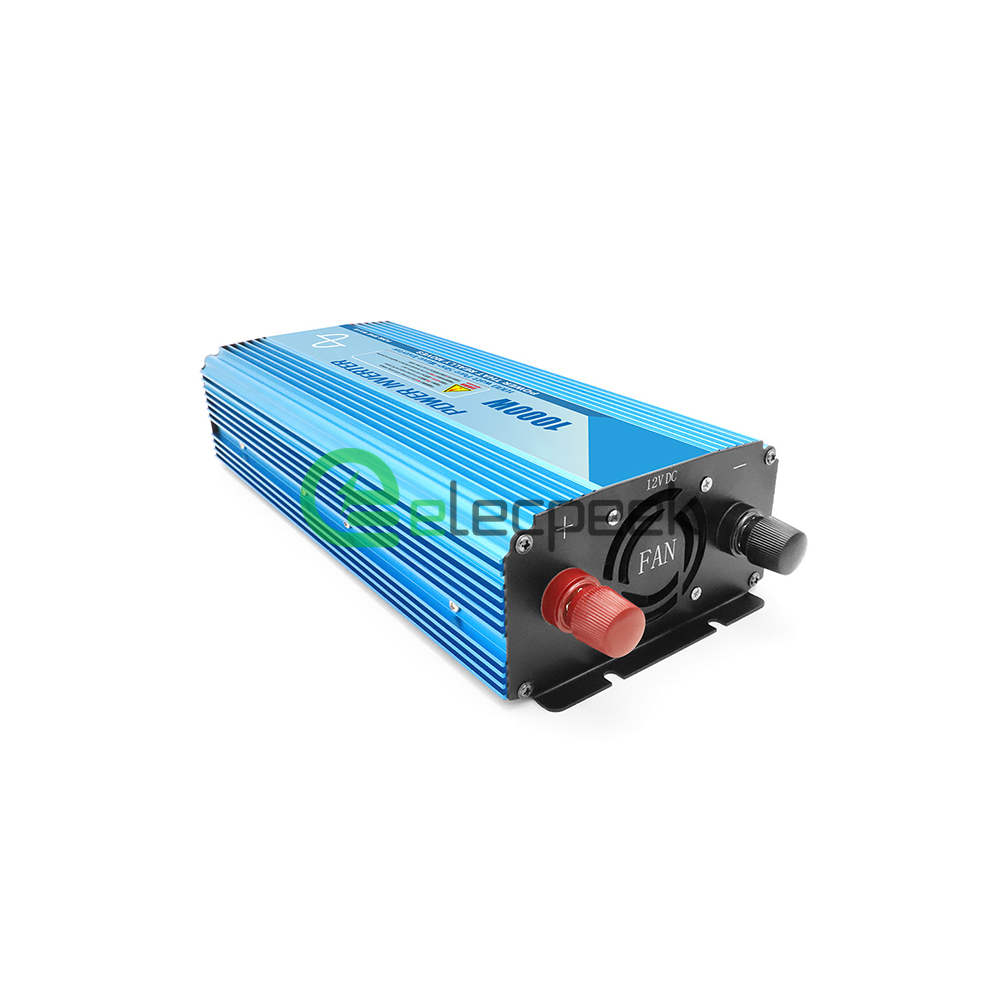
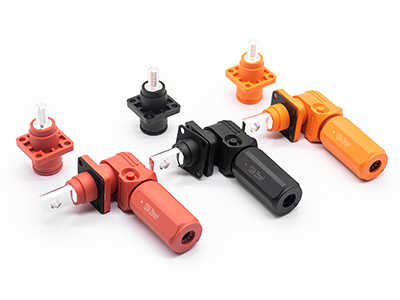
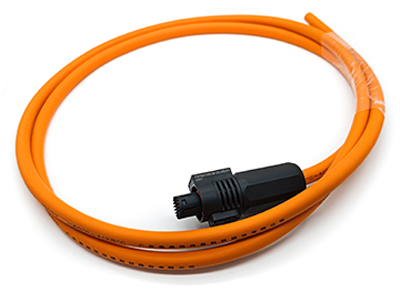
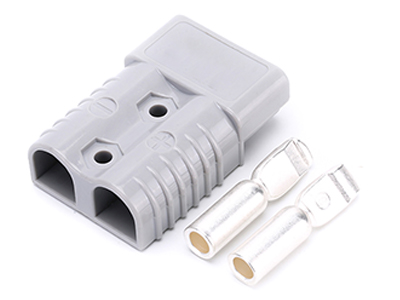
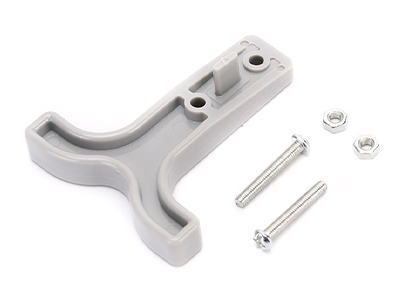
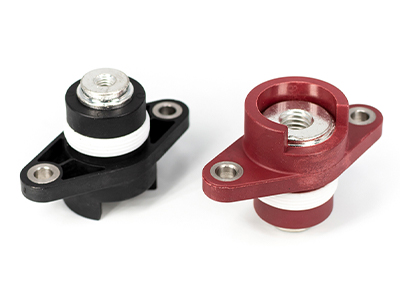
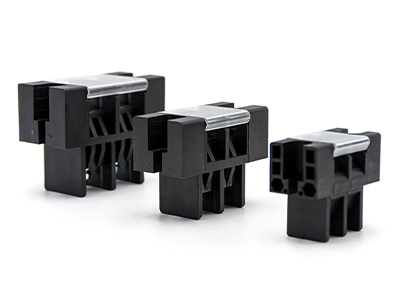
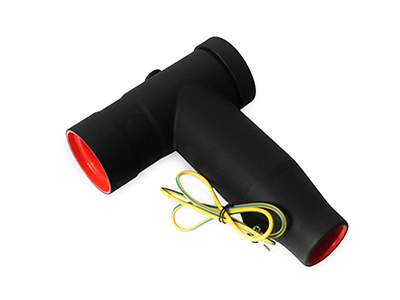
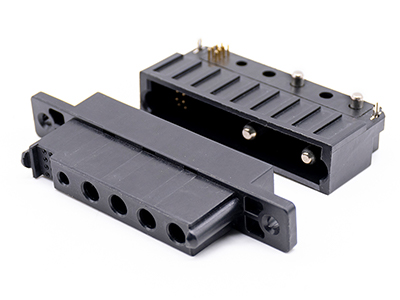
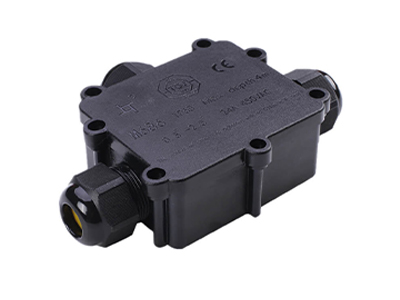

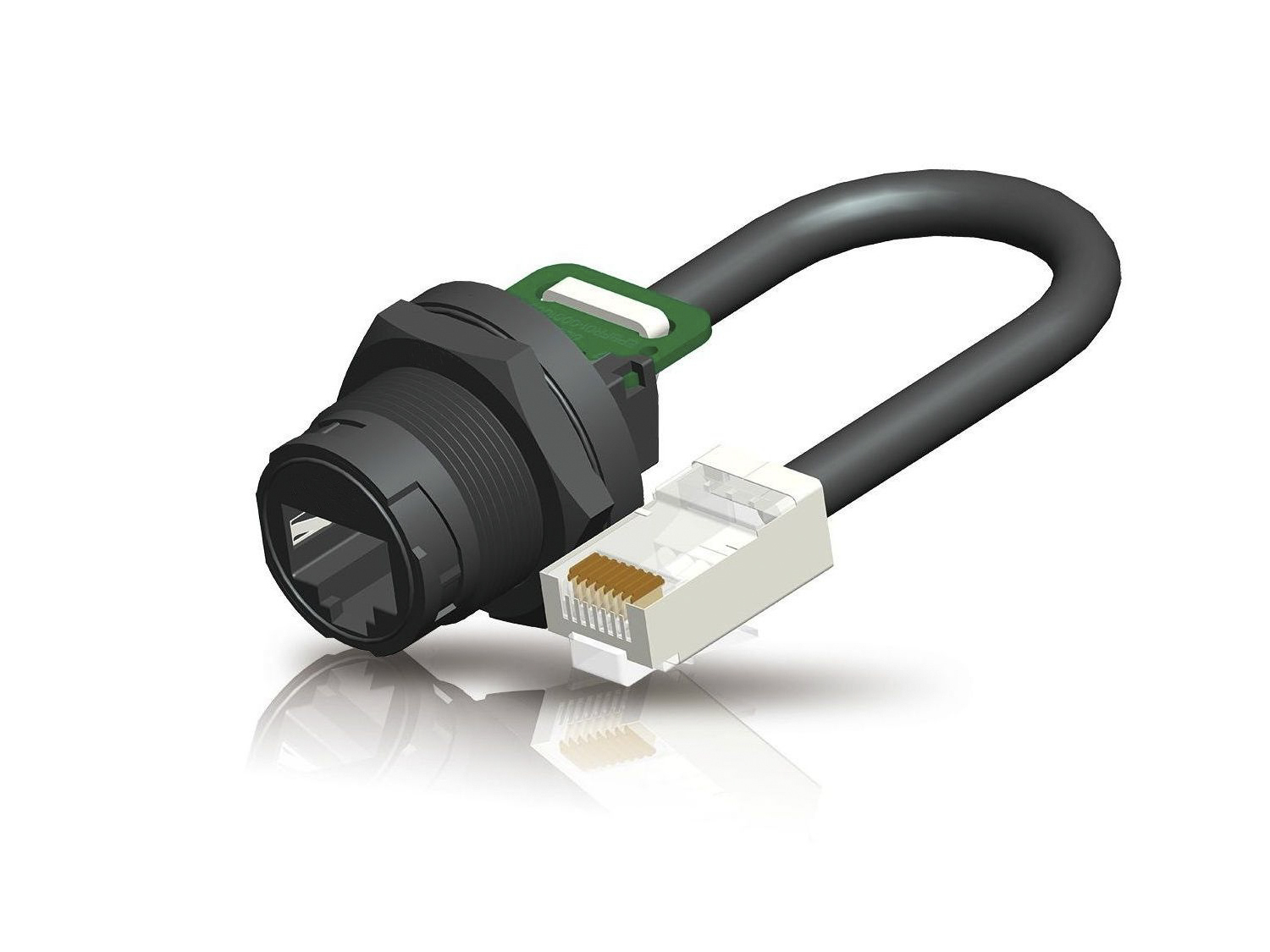
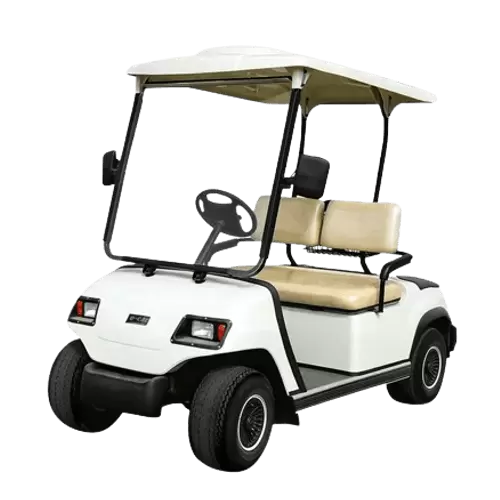

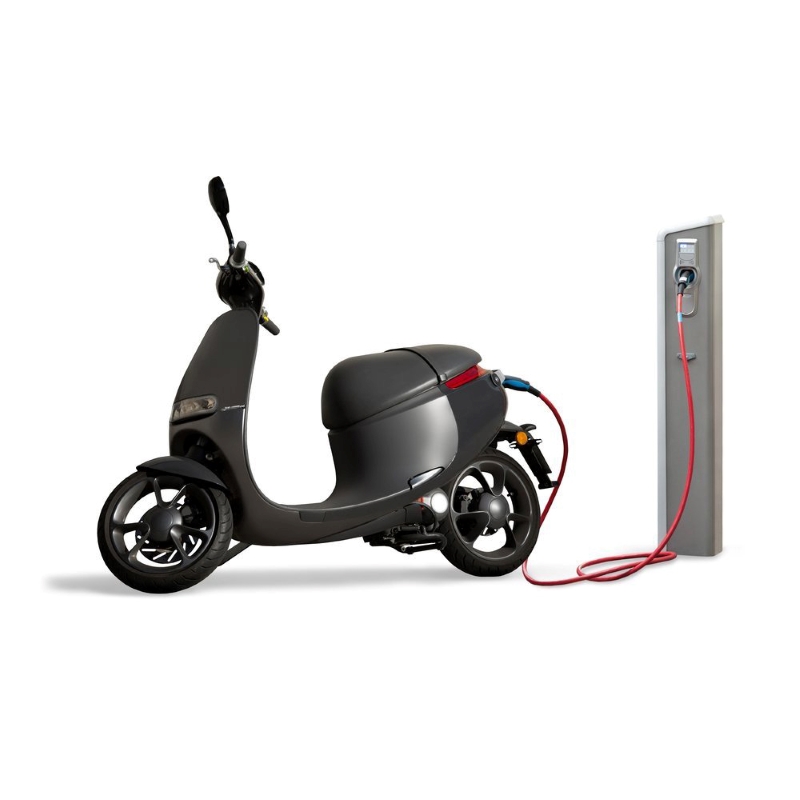
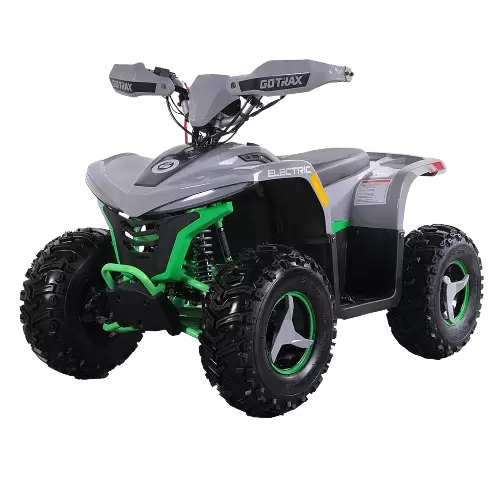
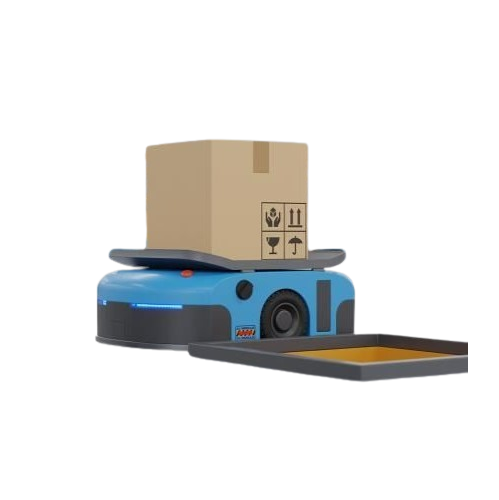
.webp)
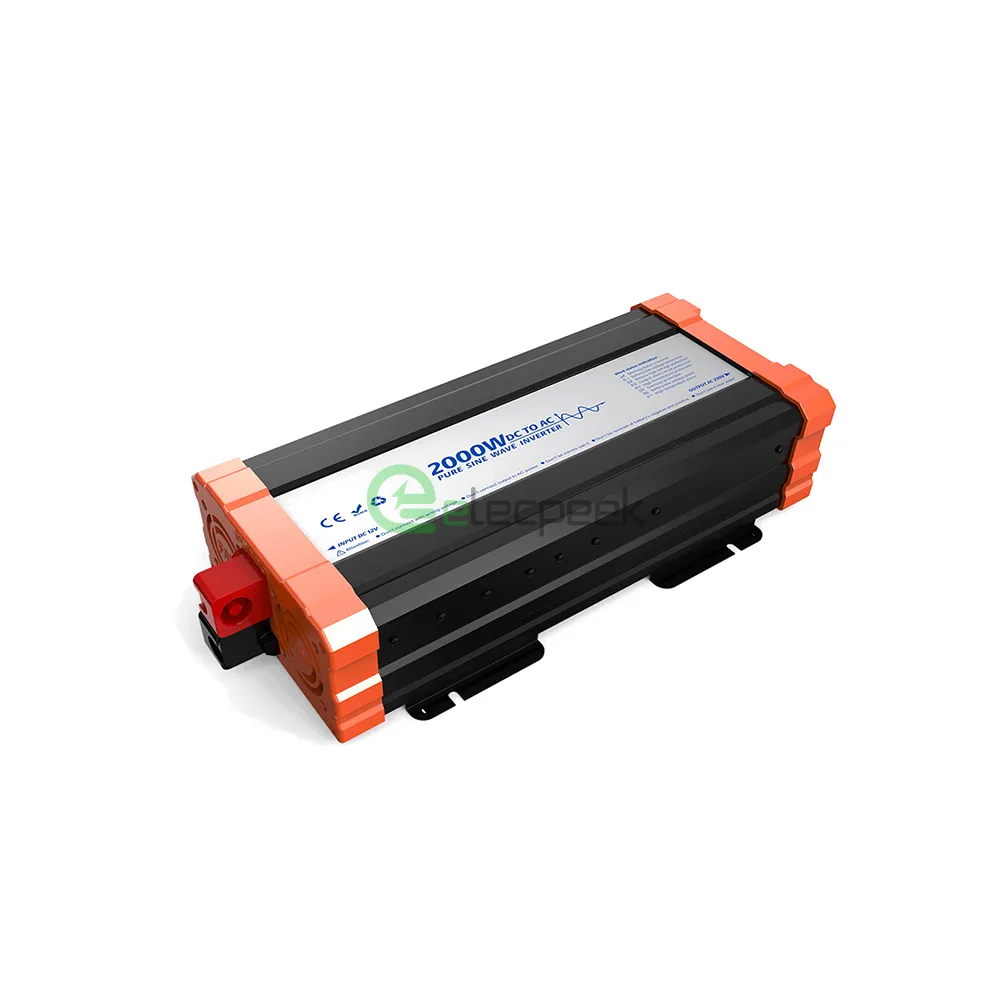
.webp)
.webp)
.webp)
.webp)
.webp)
-300x300.webp)
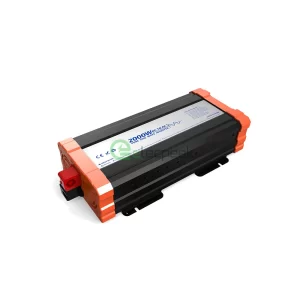
-300x300.webp)
-300x300.webp)
-300x300.webp)
-300x300.webp)
-300x300.webp)
 Description
Description  Technical Data
Technical Data  FAQ
FAQ  Customization
Customization 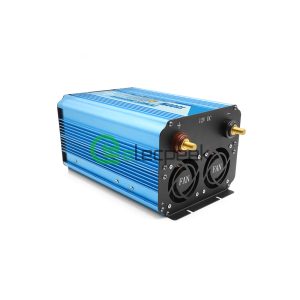
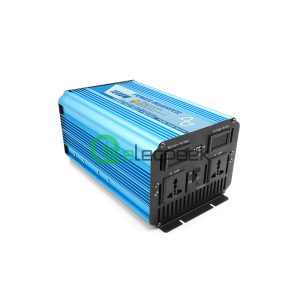
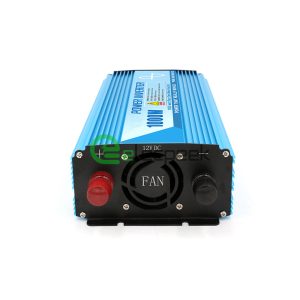
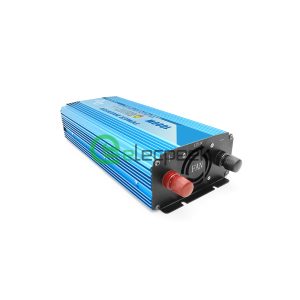
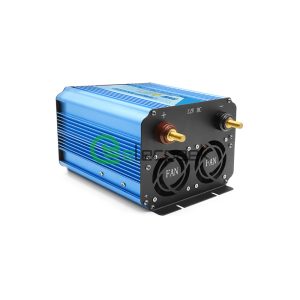
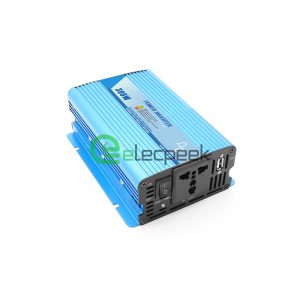
-300x300.jpg)
-300x300.jpg)
-100x100.webp)
-100x100.webp)